

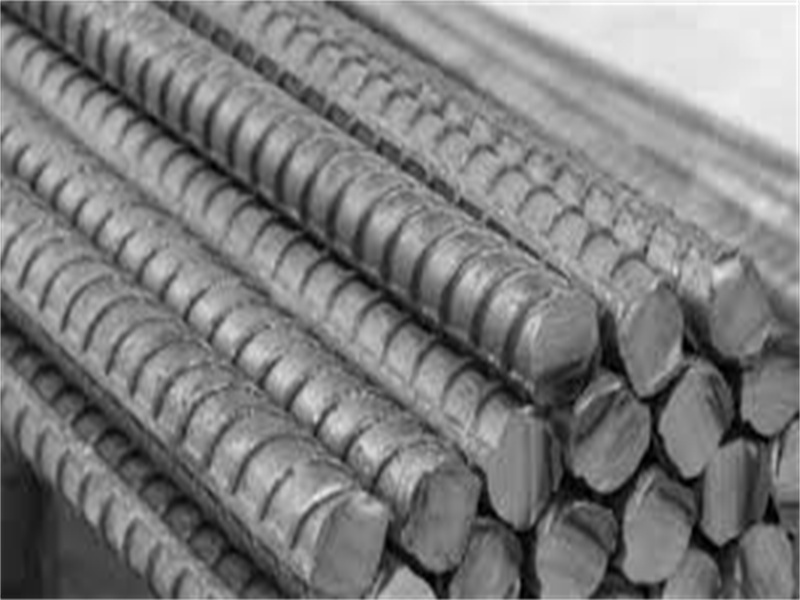
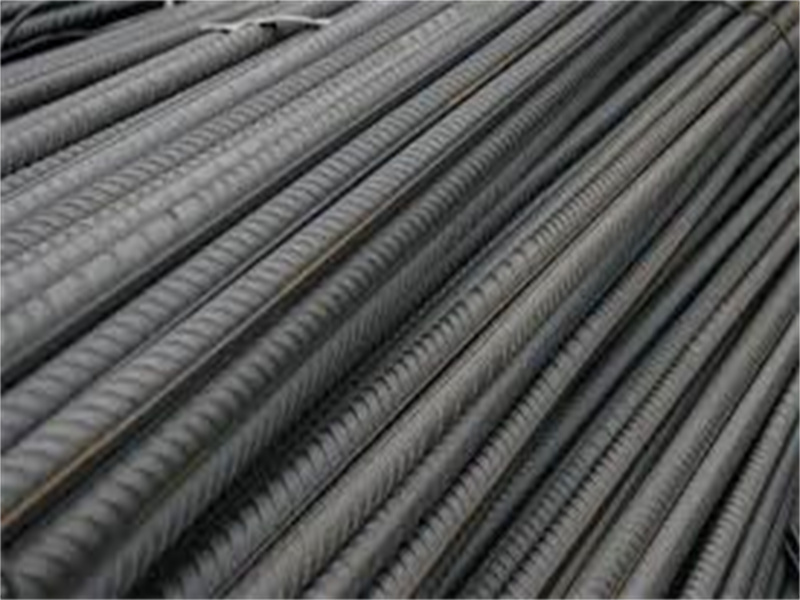
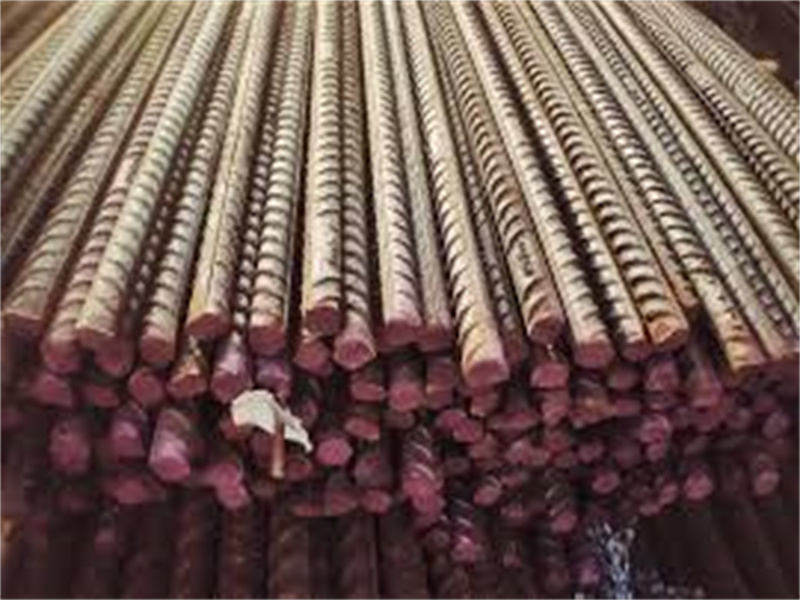
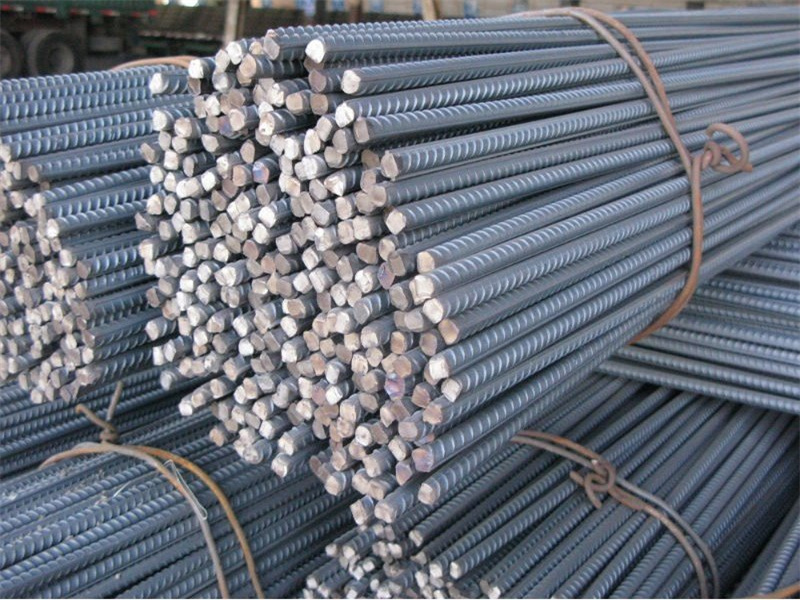
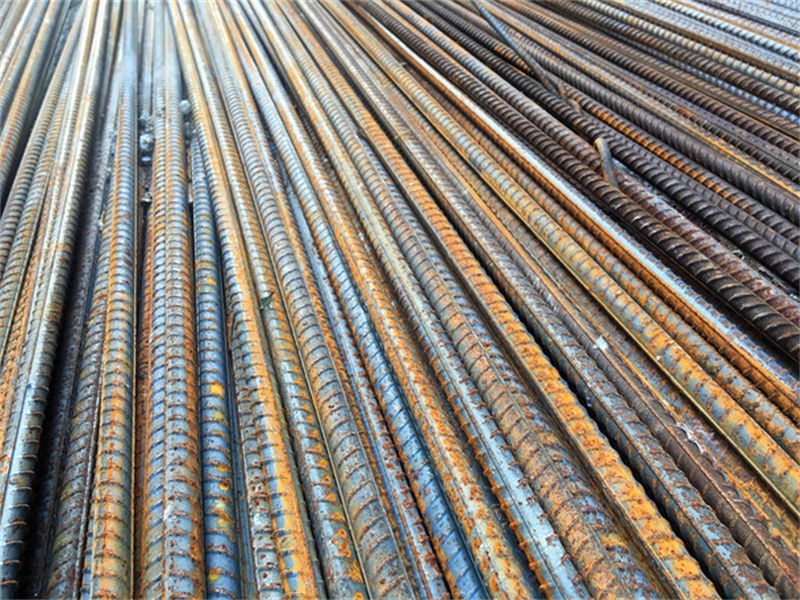
Steel rebar is a crucial component in the construction industry, serving as a reinforcement for concrete structures. Its strength, durability, and versatility make it an indispensable material for a wide range of applications. In this article, we will explore the characteristics and uses of steel rebar, highlighting its importance in the construction sector.
Steel rebar is renowned for its exceptional strength and durability. It is manufactured from high-quality steel, which undergoes a process of hot rolling to form ribbed or deformed patterns on the surface. This ribbed design enhances the adhesion between the steel rebar and the surrounding concrete, providing superior strength and stability to the structure.
One of the primary uses of steel rebar is in the reinforcement of concrete structures. It is commonly used in the construction of buildings, bridges, highways, and other infrastructure projects. Steel rebar is embedded within the concrete, providing tensile strength to counteract the concrete's weakness in handling tension. This reinforcement ensures the structural integrity and longevity of the concrete elements, preventing cracks and failure.
Steel rebar comes in various types and sizes, each designed for specific applications. The most common types include plain, deformed, and epoxy-coated rebar. Plain rebar is smooth and typically used in applications where additional adhesion is not required. Deformed rebar, with its ribbed surface, offers enhanced bond strength with concrete. Epoxy-coated rebar provides corrosion resistance, making it suitable for structures exposed to harsh environments.
Steel rebar offers several advantages that make it a preferred choice for reinforcing concrete structures. Firstly, its strength and durability ensure the structural integrity and safety of buildings and infrastructure. Secondly, steel rebar's flexibility allows for easy shaping and bending to suit different project requirements. Additionally, steel rebar's resistance to corrosion and other environmental factors ensures long-lasting performance and reduces maintenance needs.
The steel rebar industry continues to evolve with advancements in technology and innovation. Research and development efforts focus on improving the performance and sustainability of steel rebar. This includes the development of high-strength rebar with improved properties, such as increased ductility and corrosion resistance. Furthermore, there is a growing interest in the use of composite materials, such as fiber-reinforced polymer, as an alternative to traditional steel rebar.
Steel rebar is a vital component in the construction industry, reinforcing concrete structures and ensuring their strength and durability. Its versatility, strength, and resistance to corrosion make it an essential material for various applications. Whether it is used in constructing buildings, bridges, or highways, steel rebar plays a pivotal role in creating safe and reliable structures. With ongoing advancements and a focus on sustainability, the future of steel rebar looks promising, ensuring its continued significance in the construction sector.



